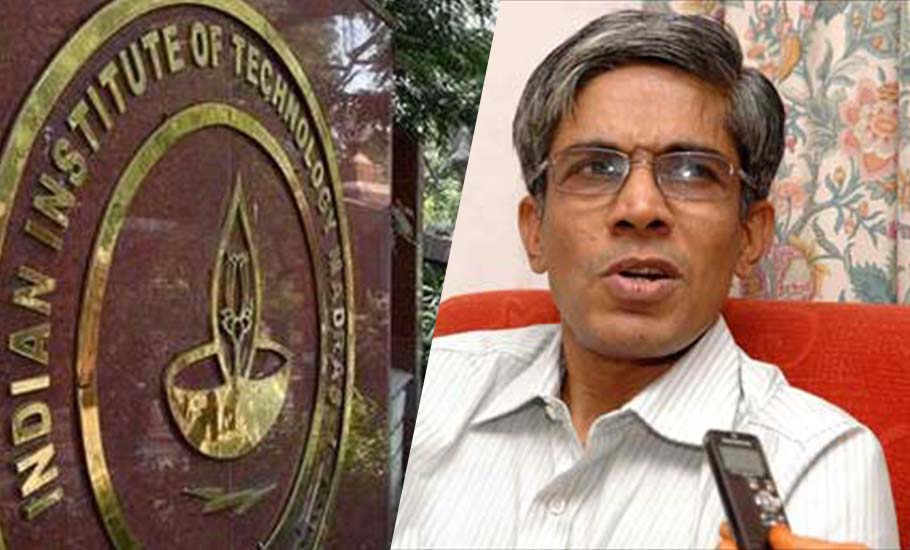
IIT Madras bags top slot in govt ranking as most innovative technical institute
For the third consecutive year, the Indian Institute of Technology (IIT) Madras has retained the top slot for being the most innovative educational institution in the country. It has bagged the No 1 position in the Atal Ranking of Institutions on Innovation Achievements (ARIIA), which was released by the Innovation Cell of the Union ministry of education on Wednesday (December 29).

For the third consecutive year, the Indian Institute of Technology (IIT) Madras has retained the top slot for being the most innovative educational institution in the country. It has bagged the No 1 position in the Atal Ranking of Institutions on Innovation Achievements (ARIIA), which was released by the Innovation Cell of the Union ministry of education on Wednesday (December 29).
The ARIIA rankings assess technical universities and colleges on varying criteria ranging from the extent of support given towards entrepreneurship development to innovative learning methods adopted by these educational institutions. Intellectual property generation, technology transfer, commercialisation and other aspects are other parameters which are examined in the rankings.
The IITs dominated the third edition of the ARIIA in the centrally funded institution category. In the top ten, seven slots are bagged by the IITs. IIT-Madras is followed by IIT Bombay, IIT Delhi, IT Kanpur, and IIT Roorkee, while the Indian Institute of Science (IISc) in Bengaluru has been placed in the sixth position in the category.
According to a statement issued by the ministry’s Innovation Cell, there has been an unprecedent participation in this edition of the ARIIA. “Out of a total of 3,551 higher education institutions registered, 1,438 institutions (including all IITs, NITs, IISc, etc) participated, which is more than double as compared to the second edition and approximately four times as compared to the first edition,” said the statement.
Meanwhile, IIT Madras director Bhaskar Ramamurthi said that they were delighted to be adjudged the Most Innovative Institute for the third time in a row since inception of the Atal Rankings on Innovation. “IIT Madras places a lot of emphasis on innovations among its students and faculty, which has resulted in a very successful and fast-growing deep technology start-up ecosystem in the country,” he said in his statement.
Also read: Campus hiring: IITs in great demand; 150 students get 1 cr+ offers
The minister of state for education Subhas Sarkar said these kind of rankings will inspire institutions to reshape their mindset and build ecosystems to encourage high-quality research, innovation, and entrepreneurship. He believed that there are ample opportunities for higher education institutions to adopt the role of an enabler and be at the forefront to drive Indian innovation and the start-up ecosystem.
Further, Sarkar added that a concerted effort by our higher educational institutions is required towards fostering and encouraging the culture of innovation and entrepreneurship among our students. They need to prepare faculty as innovators, out-of-the-box thinkers, creative problem solvers, entrepreneurs, and job creators, he said, adding that this will definitely bring a revolution not only at the economic level, but also at the social, environmental front.
Panjab University (Chandigarh) achieved the top ranking in the state and deemed to be universities category, while in the government engineering colleges category, the College of Engineering in Pune stood first, followed by PSG College of Technology in Tamil Nadu, and LD College of Engineering in Gujarat.
G H Raisoni College of Engineering in Maharashtra was recognised as the most innovative private college.
For the first time, the Centre had introduced a “non-technical institutions’’ category in the ARIIA rankings to strengthen the innovation and entrepreneurial ecosystem in higher education institutions. Indira Gandhi National Open University (Delhi) topped the category among centrally funded institutions followed by the Indian Institute of Management (IIM) Kozhikode.

